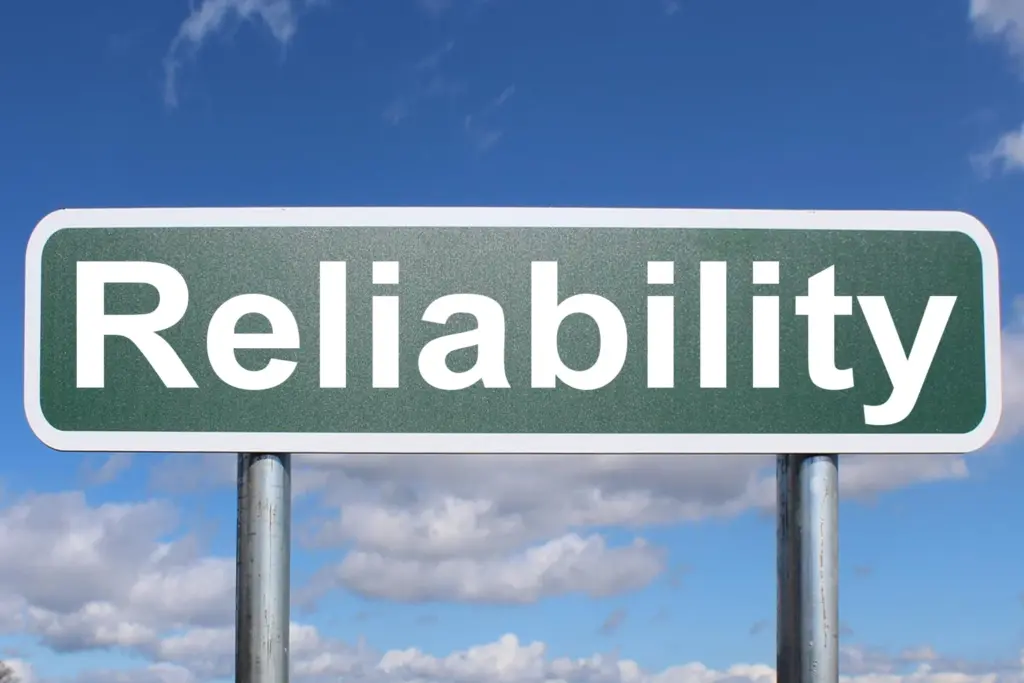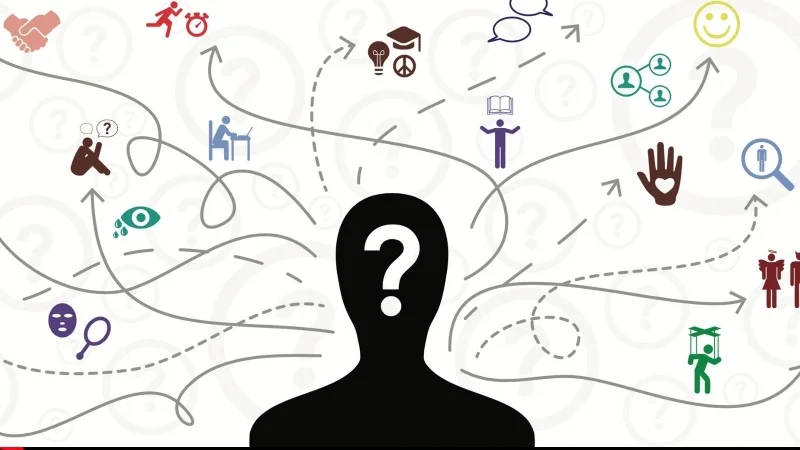How often have you stumbled upon a personality test? These tests are so easily available everywhere, just a simple click on a platform and you’re ready to go. However, despite their quick accessibility, can you really rely on these tests?
So, how reliable are personality tests?
There is no generic measurement for the reliability of personality tests. Some are incredibly reliable, proving to be useful in various sectors. While others, specifically online quizzes, are quite oversimplified and unreliable. So, to put it simply, the test reliability really depends on its type and testing methods.
In this blog, we will be getting into the details about the reliability of a personality test. We will also explore what the reliability of such tests indicates and how you can choose a reliable test.
What Is Reliability In The Context Of Personality Tests?
Before diving into how reliable are personality tests, let’s first understand what the term reliability means in this case.
For personality tests, reliability doesn’t simply mean being trustworthy. Neither does it question the accuracy of measuring specific personality types.
In any type of psychological testing, reliability is directly linked to the test results’ consistency.
To put it simply, a reliable test must give you the same result when taken over and over again under the same conditions.
Generally, there are three different types of reliability that make personality tests powerful. Let’s take a quick look at them.
1. Test-retest reliability
This is the most generic one. It tells you whether the tests offer similar results when you retake them.
2. Internal consistency
Internal consistency ensures whether all the questions share the same goal. All the questions or items on the test must measure the same thing.
3. Inter-rater reliability
This will tell you about the consistency of the interpretation or scoring system. All participants should be evaluated on the same grounds.
Also, you must not confuse reliability with a test’s validity. Reliability is all about the consistency of the test results. On the other hand, validity shows whether the test is accurately measuring what it claims to measure. So, personality tests can be reliable but not valid.
How Reliable Are Personality Tests?
Now that we’ve cleared the basic understanding of reliability, let’s get straight into the main discussion. How reliable are personality tests?
We wish there were a straightforward answer to it. However, the reliability of personality tests varies vastly depending on what kind you’re using.
Understand that not all personality tests are created with the same approach.
As the use of such tests grows, we have noticed a significant surge in the development of unreliable personality tests. The majority of such tests are created on whim with little to no scientific backing.
However, this isn’t a reflection on all existing personality tests. Despite the increase in unreliable personality tests, there are some very reliable ones as well.
They are scientifically robust, consistent, and highly trustworthy.
So, when discussing the reliability of personality tests, it’s important to avoid any generalization. If you choose the right one, a personality test can provide you with reliable and meaningful insights.
However, free online personality quizzes are best avoided, especially if you’re concerned about their reliability.
What Affects The Reliability Of A Personality Test?
There are many different factors that contribute to a personality test’s reliability. Sometimes, even the most well-intentioned personality tests fail to perform well due to these factors.
So, here are some common factors that can potentially harm the reliability of a personality test.
1. Test Design
The formatting of a test heavily influences a personality test’s reliability. This includes the type of questionnaire, the wording, and the response scale.
Overly vague or complicated questions can confuse the test-takers, derailing them from the main intention of the test. Thus, ruining the consistency and reliability of the test.
2. Length Of The Test
Contrary to popular belief, shorter durations aren’t always a good thing. While they’re very convenient, however, shorter personality tests often provide oversimplified results. They avoid the complexities of different personality traits. Ultimately, it makes the tests less reliable.
3. Cultural Or Language Differences
Cultural and language barriers can lower the reliability of a personality test. Failing to deduce what the question is asking affects the consistency.
Moreover, differences in cultural background don’t allow the test-takers to adjust to the norms. Hence, their responses may not align with the test’s original intent.
4. Test-Takers
Often, the test-takers themselves affect the reliability of the test. Since human emotions and personality traits are never consistent, one can never expect the same type of response from an individual.
Moreover, sometimes, participants intentionally distort their responses to manipulate the test results. Needless to say, this harms the consistency of the test results.
How To Choose A Reliable Personality Test?
Finding a reliable personality test isn’t hard. It just requires you to be a bit selective and thoughtful. Let us guide you to finding a reliable personality test that would suit your needs.
1. Check For Scientific Backing
A reliable personality test is always rooted in psychological evidence. Such tests are created with a solid foundation. So, they offer results that are both credible and useful.
Thus, you must look for the personality test’s psychometric standards. Check for their test-retest reliability, internal consistency, and overall psychological foundation.
2. Avoid Pop Quizzes
When it comes to personality testing, the key is to steer clear of any type of pop quizzes. The free online personality testing quizzes have no true validity.
They are loaded with vague terms, oversimplified questions, and stereotypical results. Needless to say, they are the least likely to be reliable.
3. Choose Trait-Based Over Type-Based
Next, if you truly want a reliable testing method, don’t go for type-based ones. Personality tests that measure specific personality traits are more reliable.
They have a stronger psychometric backing that captures the nuances of a personality.
Trait-based frameworks, such as the Big Five model, are widely accepted and reliable. They showcase how personalities exist on a spectrum, instead of grouping them into specific types.
Existing Relevant Content:
Advantages And Disadvantages Of The Big Five Personality
4. Check Cultural And Linguistic Approaches
The test must align with your language and cultural background. If you’re taking the test in your second language, make sure the wording is easily understandable.
Additionally, to avoid cultural misunderstanding, look for international editions.
They tend to cater to a wider audience with diverse backgrounds. Also, check reviews regarding the personality tests. Other test-takers’ opinions can be very valuable in this case.
5. Check For Transparency
Lastly, the most important thing for any trusted personality test is complete transparency. The test should be open about its scientific rigor, revealing how it was developed.
Moreover, it should mention what it measures, how to interpret the results, and its reliability. Another essential information that should be cleared up is the test’s limitations.
Vague or secretive methods are to be doubted. They are a direct testament to the reliability and credibility of a personality test.
FAQ
Q. What is the biggest problem with personality tests?
A lot of personality tests tend to oversimplify the nuances of a personality. Some even lack reliability and validity. Thereby, distorting an individual’s true personality traits.
Q. Is the Big Five personality test reliable?
Yes, the Big Five personality test is considered one of the most reliable tests. The Five Factor Model used for it provides a precise and valid testing method.
Q. Is MBTI valid and reliable?
Although widely used, the MBTI is not the most reliable or valid personality testing tool. Due to its type-based theory, which creates a generalized perception, psychologists prefer not to use it.
Conclusion
The reliability of personality tests is often debated. Unfortunately, there are some personality tests that can be deceiving. However, that doesn’t mean you should completely give up on them. Some personality tests, such as the Big Five, are incredibly reliable.
People around the world have been able to put their trust in these tests. Hence, they are widely used during recruitment and organizational development. So, don’t hesitate to get your hands on these tests, but don’t forget to do a thorough background check beforehand!






